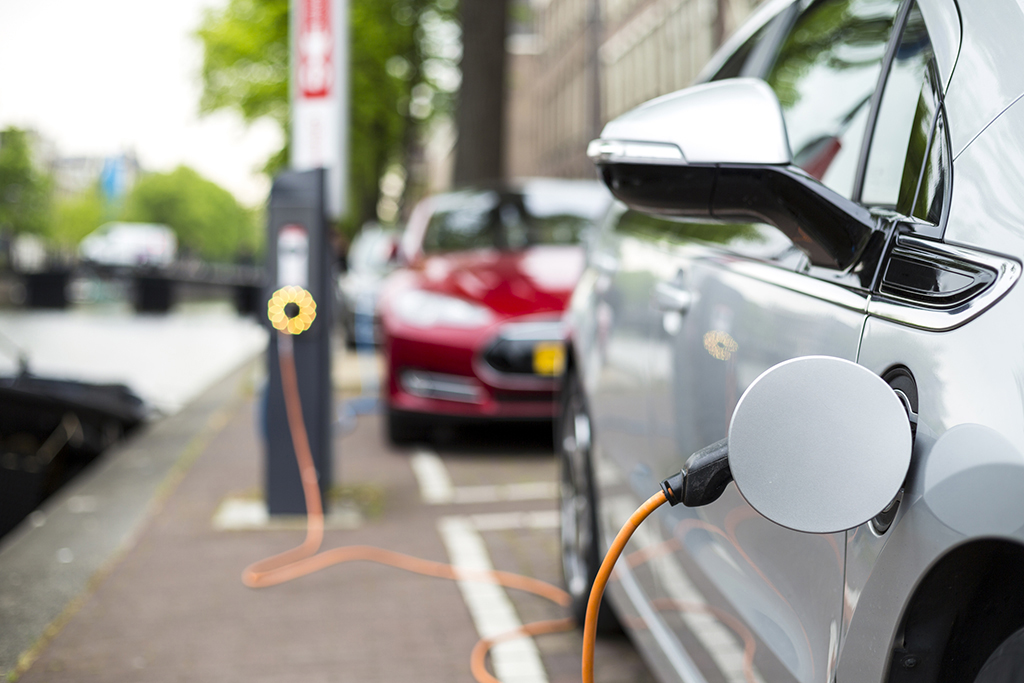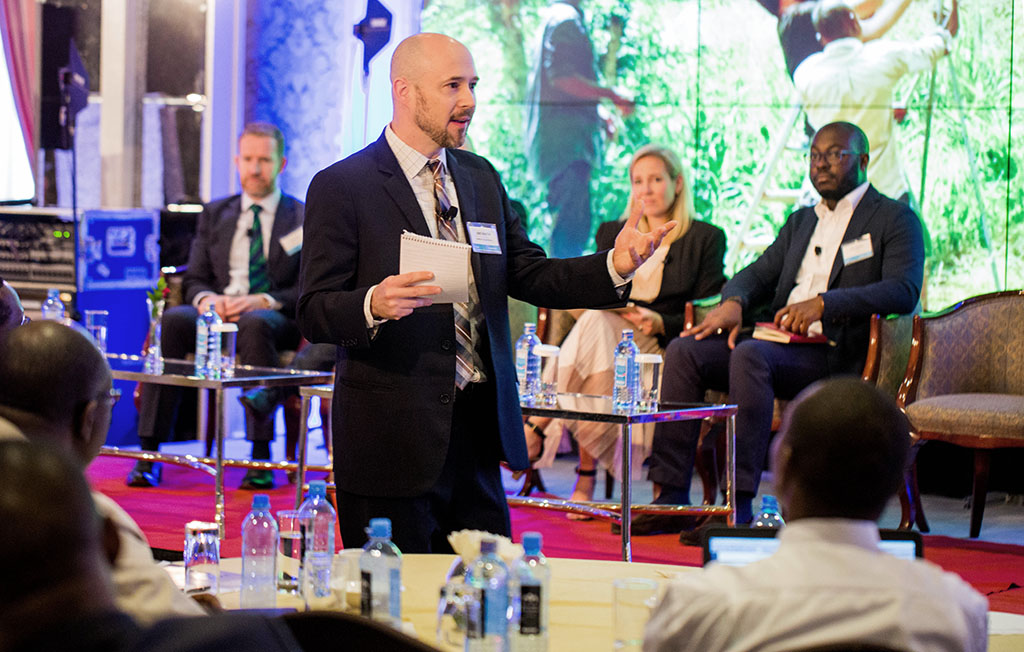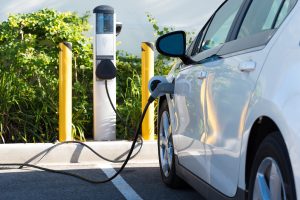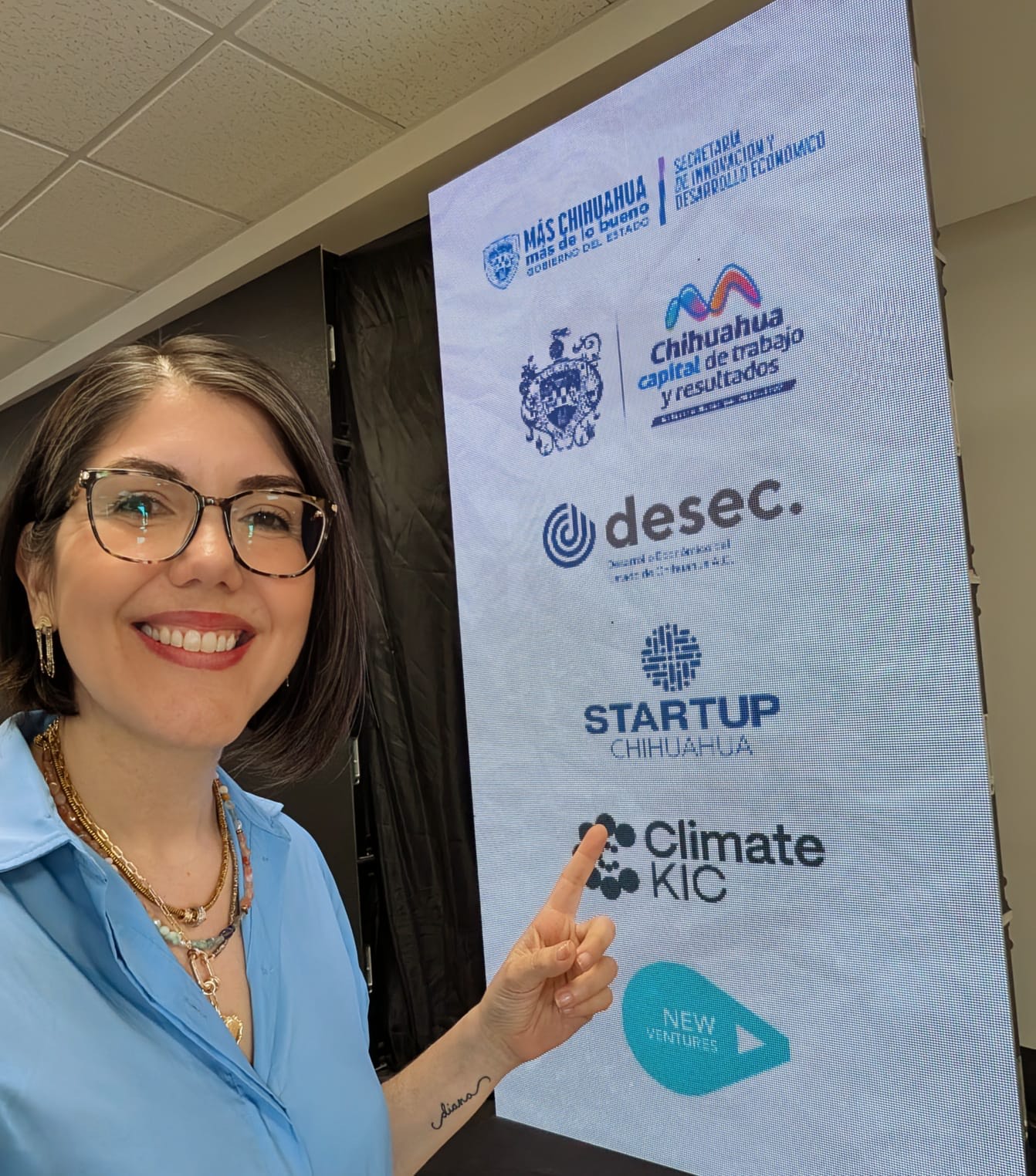New engagement builds on previous research conducted by William Davidson Institute outlining economic strengths, opportunities for Chihuahua in e-mobility value chain
For decades, Mexico has played an increasingly important role in the global automotive value chain, supporting OEMs and suppliers alike in developing and manufacturing everything from passenger vehicles to trucks to parts and more. As the industry shifts toward electric mobility (e-mobility) however, regional economic development leaders like those in the Mexican State of Chihuahua are looking to identify where and how they can best support the transition.
Chihuahua’s Government through the Secretariat of Innovation and Economic Development (SIDE) and the Institute of Innovation and Competitiveness (I2C) engaged the William Davidson Institute at the University of Michigan (WDI) last year to identify areas of opportunity where the State of Chihuahua is best situated to support the automotive industry’s transition to electrification. Following several months of research, WDI delivered a strategic “Roadmap to E-Mobility for the State of Chihuahua” that highlights key opportunities across the EV value chain and the key elements of the emerging global e-mobility ecosystem.
Now, WDI will help SIDE, I2C and Frente Norte, a new partner to the project, bring the roadmap to life.
“We’re aiming to help Chihuahua create a path to success by forming business connections with relevant stakeholders, providing resources to prepare their workforce and make Chihuahua an attractive destination for mobility innovation,” said Diana Páez, Senior Director of Energy & Mobility at WDI. “Our expertise in the implications of the EV transition in emerging markets, combined with our partners’ extensive automotive experience and assets, will ensure Chihuahua takes a thoughtful and deliberate approach to a successful e-mobility transition.”
Our expertise in the implications of the EV transition in emerging markets, combined with our partners’ extensive automotive experience and assets, will ensure Chihuahua takes a thoughtful and deliberate approach to a successful e-mobility transition.
—Diana Páez, Senior Director of Energy & Mobility at WDI
As part of the engagement, WDI will work closely with the three partners through August 2024 to focus on:
- Industry engagement in EVs: WDI and Chihuahua officials will collaborate to connect automotive industry leaders with expertise and opportunities related to the EV value chain while highlighting the state’s capabilities in e-mobility.
- Talent & innovation for e-mobility: WDI will raise awareness for skills needed in the EV transition and facilitate opportunities for academic partnerships with Michigan to assist in preparing the Chihuahua EV talent pipeline.
- Collaboration for e-mobility: Deepen the collaboration between Chihuahua and Michigan, where automotive OEMs like Ford, General Motors, Stellantis, and numerous automotive suppliers have headquarters or significant operations, by facilitating high-value connections with relevant stakeholders and opportunity for resource sharing.
To achieve these goals, WDI and Chihuahua officials have committed to creating an EV value chain asset map, engaging in quarterly webinars for Chihuahua stakeholders and developing case studies highlighting local e-mobility innovations. These activities will culminate in a high-level conference in Chihuahua to present e-mobility opportunities with key members of the auto industry, state government, academia and more.
On the talent front, WDI will deliver blueprints for Chihuahua to bolster EV-related trainings and develop e-mobility hubs to help Chihuahua develop a strong EV-centric talent pipeline in the region.
“Transforming the workforce and engaging with key players in the automotive industry will be crucial to Chihuahua’s long-term success in the EV transition. We’re confident our work with WDI will produce valuable results that will set us up for the future,” said Fernando Alba, the Undersecretary for Mining, Energy, and Industry for the State of Chihuahua. “We are eager to increase our impact on the automotive industry and strengthen our position in the e-mobility sector over the next year.”
The key to finding success in a rapidly changing automotive landscape will be to play to one’s strengths and developing strong relationships across the global EV landscape. The partnership between Chihuahua and WDI will not only embolden Chihuahua’s position in the global e-mobility value chain but will set a key example of how valuable partnerships lead to long term success.



